
Credit: Butantan Institute
Agitating snakes isn’t something most of us would do on purpose, but for a group of researchers, it was central to their research. The authors of a May 2024 paper in Scientific Reports achieved that by “softly” stepping on the head, tail and mid-body of newborn, juvenile and adult pit vipers to see how often they would bite.
But the technique wasn’t quite what the authors’ ethics committee had in mind when approving the study. The journal retracted the paper last month, noting the ethics approval the authors received “did not include newborn snakes or the use of the ‘soft stepping’ method.”
Lead author João Miguel Alves-Nunes blamed the retraction on a “communication error” by the ethics committee. The researchers believed they had approval both to step on snakes and to include newborn snakes, Alves-Nunes, a former researcher at the Butantan Institute in São Paulo, Brazil, said in an email to Retraction Watch.
Continue reading Don’t tread on me: Snake paper retracted for ‘soft-stepping’ technique

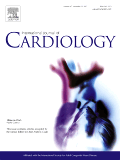 A cardiology journal has retracted a 2016 meta-analysis after the editors had an, ahem, change of heart about the rigor of the study.
A cardiology journal has retracted a 2016 meta-analysis after the editors had an, ahem, change of heart about the rigor of the study.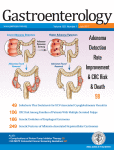
 A diabetes researcher who once sued a publisher to prevent several retractions has just issued his 12th.
A diabetes researcher who once sued a publisher to prevent several retractions has just issued his 12th. The notices keep coming for diabetes researcher
The notices keep coming for diabetes researcher 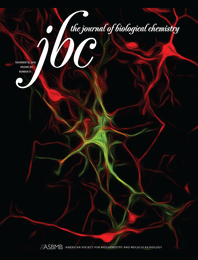
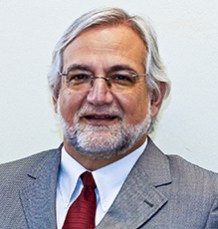
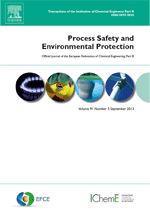 After five years, Elsevier has
After five years, Elsevier has